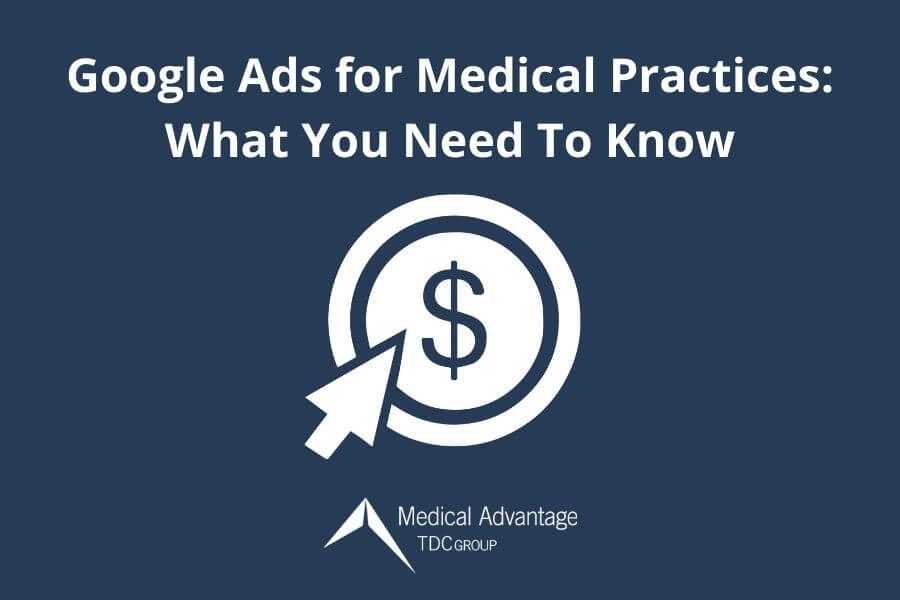Healthcare dashboards may be a relatively new technology, but they are already taking the healthcare industry by storm. These software solutions – tools which compile multiple, disparate datasets into one centralized view – create an automated and intuitive “dashboard” with a one-stop-shop view of practice operations.
With dashboards in healthcare allowing providers to see, at-a-glance, how their organization is tracking or performing on certain operational, financial, and clinical Key Performance Measures, practice leadership can then act on these findings to adjust operations, resulting in improved revenues and patient outcomes.
When used effectively, healthcare dashboards can provide busy practitioners with the data they need to monitor their practice operations and make data-supported decisions to improve patient outcomes, bolster performance in payer contracts, optimize appointment volume with staff utilization rates, reduce physician burnout, and enhance revenue across practice operations.
However, there is an often missed, but equally compelling benefit of healthcare dashboards. Dashboards can also help organizations address the challenges created by data silos.
What Are Data Silos in Healthcare?
Data silos is a term which refers to a “separate database or set of data files that are not part of an organization’s enterprise-wide data administration.” In other words, when data is “siloed,” it is in a location separate from the main database, making it much more of a hassle to access and work with.
The problem of data silos in healthcare often rears its ugly head when it comes time to prepare management reports. Healthcare professionals and office managers are all too familiar with the frustration of assembling reports from various data sources like EHRs, payroll systems, scheduling software, and more.
Related: 4 top examples of healthcare dashboards and their real-world uses.

Healthcare Data Silos Are Creating Problems for Practices
Siloed data makes it difficult to get a complete picture of what’s going on in a practice. For example, when scheduling and appointment data are not included in revenue and billing reporting, it results in an absence of the context needed to understand revenue trends. Thus, data housed in silos results in an incomplete picture of practice operations – negatively impacting the health of the business.
To resolve this, practices often try to connect data across silos; however, data silos make the development and maintenance of practice management reports a hassle. Data housed in disparate locations requires extensive time and resources to assemble into cohesive and validated reports, making it unsustainable for practice staff. This approach renders report building frustrating and inefficient.
Healthcare Dashboards Can Break Down Data Silos
Healthcare dashboards can help break down data silos. Technology can be leveraged to improve the process of creating the dashboards needed to support practice operations by bringing the data and the data stewards together. Dashboards can be configured to contextualize your data and train staff, over time, to see how the data pieces fit together to support practice operations and drive strategic conversations overall.
However, it’s important to note that not all healthcare dashboards are created equal. Dashboards offered on the healthcare industry market today have varying degrees of customizability. While this feature may not seem particularly important at first, customizability is crucial to the successful rollout of any dashboard solution – and is the feature of healthcare dashboards most important to breaking down your data silos.
This is because a custom-tailored dashboard solution is designed to fit the way your staff works – not the other way around. This means your data silos are identified, staff are enabled to see all data across your organization, and trained to act on the insights gleaned from the dashboards.
Related: Why customizability is one of the most important factors to consider when selecting a dashboard.

Ensuring Staff Are Able to Properly Operate Healthcare Dashboards
Dashboards are an extremely powerful tool for improving practice operations and breaking down data silos. But like any tool, proper training is necessary to ensure adoptability and use. We have found that adoption and use are accelerated when dashboards are customized for your practices’ reporting needs.
In this regard, healthcare dashboards are similar to Electronic Health Records systems (EHRs). EHRs have tremendous capabilities to streamline clinical operations, but can also be complex and difficult to operate. Poorly optimized EHRs can lead to burnout and poor results, while properly set-up EHRs can ease workflows, reduce administrative burden, and lift staff to success. Dashboards are very similar.
Aligning on dashboard content, data sources, and intended use will help earn team buy-in and maximize adoption upfront.
Medical Advantage Can Help
Modern healthcare dashboards – like the ones facilitated by the experienced medical experts at Medical Advantage – enable large practices, private equity groups, health plans, hospitals, and more to avoid data silos in healthcare. Our dashboard optimization also enhances operations, improves care quality, and boosts revenue. Read on to see which of our healthcare dashboard solutions is right for you.







